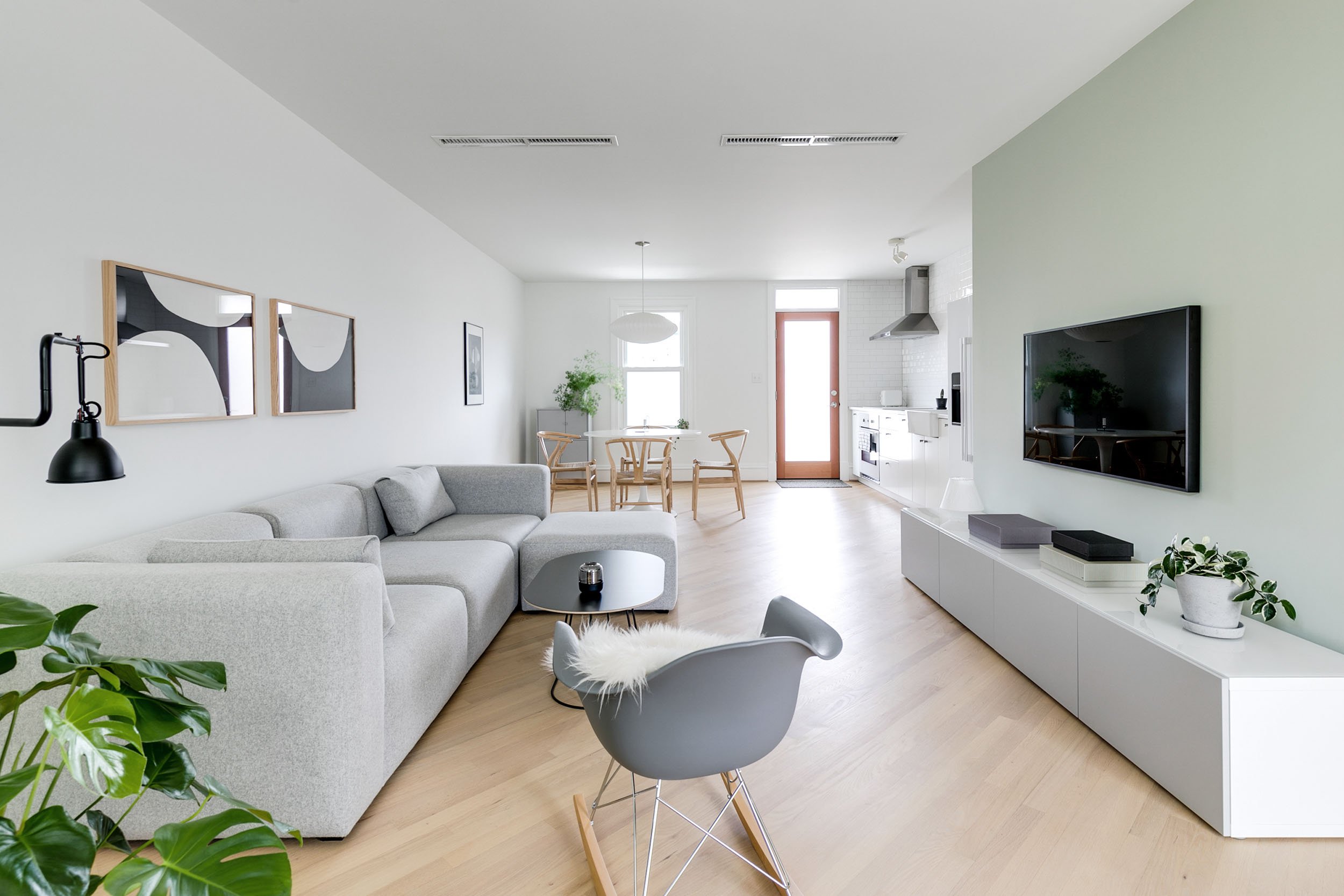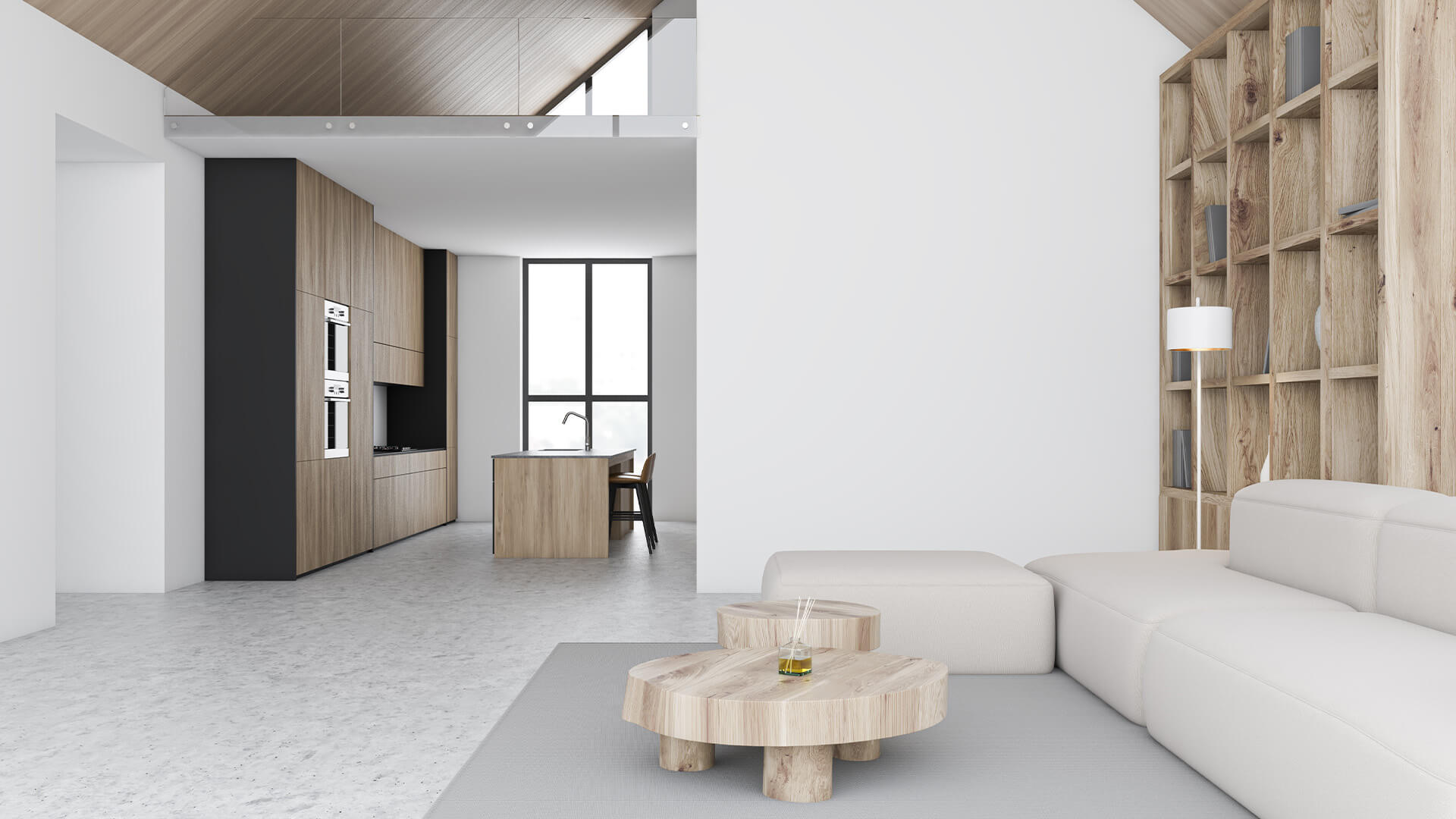The Ultimate Overview to Simplifying Your Home with Minimalism Concepts
The Ultimate Overview to Simplifying Your Home with Minimalism Concepts
Blog Article
Recognizing Minimalism: Methods for Reducing Clutter and Enhancing Clearness in Everyday Living
Minimalism is significantly acknowledged as a practical approach to boosting clarity and focus in today's messy world. By methodically examining our belongings and prioritizing intentionality, we can create rooms that not just mirror our worths however also promote mental well-being. Employing techniques such as the "Four-Box" technique can promote a more orderly atmosphere, yet truth difficulty depends on growing a minimalist frame of mind that sustains these initiatives. Checking out the nuances of this approach may reveal shocking understandings into how you can transform your every day life. When you embrace this deliberate simplicity?, what might you uncover.
Defining Minimalism and Its Advantages
Specifying minimalism entails understanding it as a lifestyle selection that emphasizes simpleness and intentionality in both physical possessions and day-to-day routines. At its core, minimalism urges people to prioritize what absolutely matters, enabling a more significant and focused existence. By stripping away the non-essential, minimalism welcomes individuals to engage deeply with their experiences and environments.
The advantages of adopting a minimal method are multifaceted. To start with, it fosters psychological quality, as minimizing mess in one's setting can cause lowered interruptions and stress. People typically report enhanced concentration and enhanced efficiency when bordered by less possessions. Minimalism advertises financial flexibility; by prioritizing demands over wants, individuals can make even more educated purchasing choices, leading to possible financial savings and reduced financial obligation. In addition, a minimalist way of living can yield psychological benefits, as it urges individuals to cultivate gratitude for what they have as opposed to yearning for a lot more.
Inevitably, minimalism is not simply concerning worldly reduction but involves an alternative change in perspective, fostering a life characterized by purpose, satisfaction, and balance. Embracing this way of life can result in extensive adjustments in just how individuals view and engage with the world around them.
Examining Your Existing Mess
Clutter often shows up as a frustrating build-up of products that no longer offer a function, creating an obstacle to accomplishing a minimal way of living. Take note of particular classifications of products, such as garments, publications, or cookware, as this will help you recognize the extent of the clutter.

Furthermore, take into consideration the regularity of use for each thing. Eventually, comprehending your existing mess is an essential action towards welcoming minimalism and enhancing quality in your everyday living.

Practical Decluttering Techniques
Having evaluated your present mess, the following action is to implement useful decluttering strategies that assist in a more organized living area. Minimalism. One reliable approach is the "Four-Box" method, where you mark four boxes identified: maintain, contribute, trash, and relocate. This method motivates quick decision-making and guarantees items are classified suitably
One more strategy is the "One in, One out" regulation, which stipulates that for every brand-new item gotten, an existing product should be eliminated. This concept aids preserve balance and prevents build-up in time. In addition, think about the "30-Day Minimalism Video Game," where you get rid of one product on the first day, two on the 2nd, and so forth, cumulatively cultivating a feeling of success.
Limit on your own to a specific number of treasured things, allowing you to appreciate their significance without overwhelming your space. By employing these strategies, you can develop an extra reliable and serene living space, inevitably improving clarity in your everyday life.
Creating Intentional Rooms
Developing intentional areas includes a thoughtful method to just how we design and arrange our settings, making certain each location serves a particular function and mirrors our values. This method is important in growing a sense of clearness and function in our every day lives. By seriously examining the function of each space, we can get rid of disturbances and boost our overall wellness.
To create deliberate areas, start by determining the key tasks that will happen in each area. As an example, an office must be created to foster visit this page productivity, incorporating elements such as appropriate lighting, comfy furniture, and marginal disturbances. In contrast, a relaxation location must promote harmony, featuring calming shades and comfortable seats.
In addition, think about the emotional impact of your environments (Minimalism). Integrating individual items that reverberate with your values, such as art work or plants, can boost the connection to your space. Routinely examine these settings to ensure they remain to serve their intended objective as your requirements develop
Eventually, developing intentional rooms has to do with making aware options that line up with your lifestyle, promoting harmony and performance in your living and workplace.
Maintaining a Minimalist Way Of Thinking
Embracing a minimal state of mind requires continuous reflection and intentionality in our activities and ideas. Set apart time to evaluate your dedications, ownerships, and also digital content, guaranteeing they line up with your core concepts.
One more official website trick strategy is to practice thankfulness. Recognizing what you already possess fosters contentment and decreases the wish for extra. This shift in point of view urges recognition for simpleness, enhancing overall wellness. Including mindfulness methods, such as reflection or journaling, can better reinforce a minimal way of thinking by advertising quality and decreasing psychological clutter.
Additionally, develop boundaries to shield your energy and time. Find out to say no to non-essential obligations and diversions that do not add to your personal growth. Border yourself with like-minded people who support your minimal journey, as shared worths can enhance motivation and responsibility.
Verdict
Finally, accepting minimalism uses considerable benefits, consisting of reduced mess and enhanced clarity in every day life (Minimalism). By systematically examining possessions and executing functional decluttering methods, individuals can create intentional rooms that cultivate mindfulness and gratitude. Preserving a minimalist mindset calls for ongoing analysis and dedication to simpleness, ultimately causing a much more concentrated and fulfilling lifestyle. The principles of minimalism act as valuable devices for cultivating an atmosphere that sustains individual development and wellness.

Furthermore, think about the "30-Day Minimalism Game," where you remove one item on the first day, two on the 2nd, and so forth, cumulatively cultivating a feeling of achievement.
In final thought, welcoming minimalism provides considerable advantages, including decreased mess and enhanced quality in everyday life.
Report this page